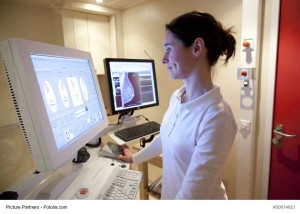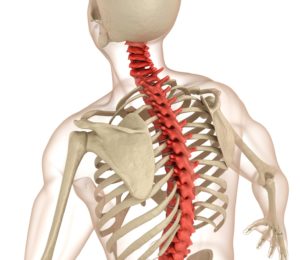Radiologic technicians are professionals who perform radiologic procedures. Some technicians provide common procedures such as X-rays, MRI scans and CT Scans. However, others might choose to specialize in specific procedures including mammography and radiography.
Education for Radiologic Technicians
There are three options if you’re considering a career as a radiology technician:
- Radiology Technician Certification – Certification programs are available for people who are interested in becoming a radiology technician. Certifications take one to two years to complete and often require clinical observations and local colleges.
- Associate’s Degree – This is the most common pathway for radiology technicians. A majority of accredited community colleges offer programs.
- Four-year Bachelor’s Degree – Some universities will offer a Radiology Technician degree.
In addition to in-class lectures and exams, most courses require a portion of the program to be hands-on to give students the necessary experience to be successful in their careers. Following the training to become a radiology technician, they must complete a licensing exam and will then be certified by the American Registry of Radiologic Technologists (ARRT).
Working as a Radiology Technician
Radiology technicians typically work around 40 hours a week. According to a recent survey conducted by the American Society of Radiologic Technicians, the average national wage for radiology technicians is around $62,763. However, entry-level technician jobs are typically around $45,878.
Interested in joining Southwest Diagnostic Imaging Center as a Radiology Technician? Contact us to learn more.



